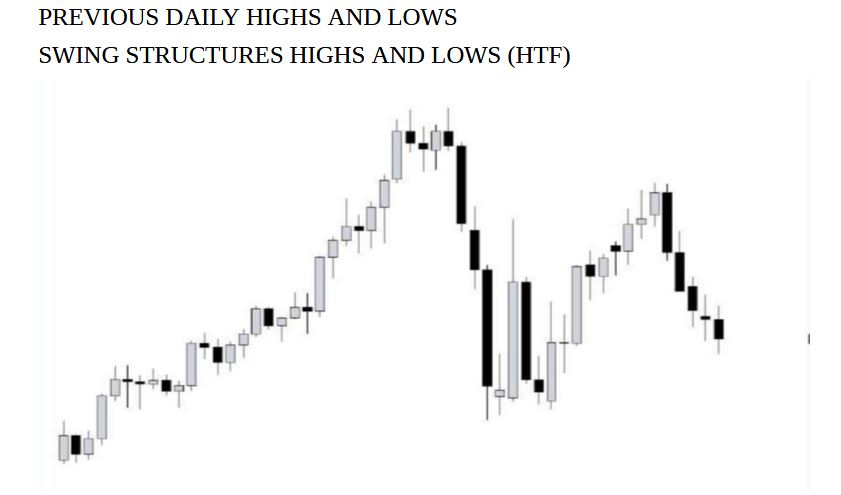Advanced ICT Institutional SMC Trading: A Comprehensive Guide by David Wood 💫
Written by BLOGDAY Updated at May 30, 2024 | Reading time: 5
David Wood's "Advanced ICT Institutional SMC Trading" is a thorough analysis of the relationship between information and communication technology (ICT) and sophisticated trading strategies, with a specific focus on smart money (SMC) concepts. This book is an essential resource for anyone who is involved in or wants to be a part of the world of corporate marketing, providing a deep understanding of the advanced marketing strategy of modern technology. new upgrade. Preview of key concepts
ICT in trading
Information and communication technologies (ICT) refer to the integration of telecommunications, computers and company software necessary to facilitate access, storage, transmission and manipulation of information. In the context of trading, ICT encompass various tools and systems that allow traders to execute transactions, analyze markets and more effectively manage risks. ICT forms the backbone of modern trading platforms, providing the infrastructure for everything from algorithmic trading to real-time market data analysis.
The Concept of Corporate Business and Smart Money (SMC)
Corporate business includes large businesses conducted by financial institutions such as banks, hedge funds and pension funds. These companies have great marketing power and resources, allowing them to employ sophisticated business processes. The Smart Money Concept (SMC) refers to the ways in which these companies influence and profit from market movements. SMC processes more than customers, use information with deep technologies to obtain competition value.
Smart spage Councing
Algorithmic business
One of the main consequences that the plant is algorithmic trading. It involves the use of algorithms (a set of predefined rules and instructions) to execute transactions. These algorithms can analyze large amounts of data much faster than humans, enabling high-performance trading (HFT), in which thousands of trades can be executed in fractions of seconds. Algorithmic trading minimizes the emotional aspect of trading, ensuring that decisions are made based on data and statistical models rather than human intuition.
Quantitative analysis
Quantitative analysis uses mathematical and statistical models to identify business opportunities. This involves analyzing historical data to predict future price movements and market trends. Institutional traders use quantitative models to create strategies that can generate consistent returns by exploiting market inefficiencies. Risk management
Effective risk management is very important in corporate marketing. Wood emphasizes strategies to reduce risks, such as diversification, using products to hedge positions, and loosening the stop loss limit. By managing risk effectively, companies can protect their investments from the unexpected.

Technical integration
marketing platforms and devices
This book examines the various ICT tools and platforms that are important for modern business. These include sophisticated trading platforms that provide real-time market data, advanced charting tools and automated trading systems. These platforms allow customers to trade quickly and efficiently, often with minimal human intervention.
Big Data and Artificial Intelligence (AI)
Real-World Applications and Case Studies
Future Trends in ICT and Trading
Conclusion
THE LINK IS HERE :
click here
Search
Categories
Latest posts
كورس صناعة الفيديو والكولاج في الافترافكت كورس احترافي
Nov 14, 2024 | Arabic blog
6 Weeks Bootcamp for Civil & Construction Engineer from Zero
Nov 14, 2024 | Business & Entrepreneurship
Cyber Security: Anti-Virus
Nov 12, 2024 | Cybersecurity
Simple React App from Scratch
Nov 12, 2024 | Web Development
دليل التسويق بالعمولة النهائي لإتقان الربح [عربي]
Nov 10, 2024 | Arabic blog